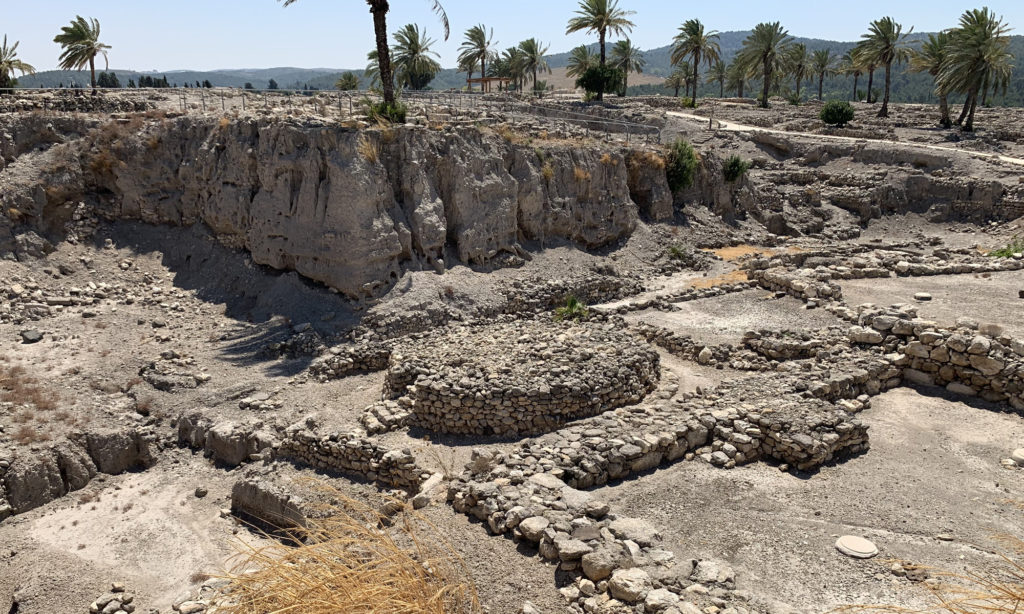In a world where so many want to be known by their distinctives, I still hear Jesus saying that his disciples will be known by their love for one another (Jn 13:35). I am here to serve anyone who calls on the name of Jesus. He prayed that his disciples might be one in his name (Jn 17:11), so I do my best to set aside any bias that might linger from any particular denomination or movement.

We truly are created to love God, and people throughout history have had an innate instinct to gather to worship. Often we look for a statement of faith to determine how the beliefs of a ministry or another person line up with our own. The earliest such statement in Christian history appears to be the simple phrase, “Jesus Christ is Lord.” However, there is more theological depth in that statement than it appears at first glance.
The apostles and many in the earliest days of the church would have spoken the phrase in Hebrew or Aramaic, something like, “Yeshua Ha’masiach Adonai” meaning the Messiah, Yeshua, is the Lord. Jesus is simply our English name for Yeshua coming through the Greek. Similarly, Christ is from the Greek translation of Messiah, both meaning “Anointed One.”
The word “Lord,” however, is not so straightforward. We often like to talk about Jesus as Savior and Lord, and note that some might have accepted him as their savior, but have not made him “Lord of their life.” There is certainly some truth woven into that understanding. However, it misses the real point being communicated in the faith declaration of the early church.
The true meaning of “Lord”—”Adonai” in Hebrew—in the phrase “Jesus Christ is Lord” is not represented by the simple translation of the word. The Jewish people traditionally would not speak the holy name of God, YHVH, and developed rules and customs to express their reverence for the Name. First and foremost among those customs is to substitute “Adonai,” that is “Lord,” for the divine name.
So, what the early church was really saying with “Yeshua Ha’Masiach Adonai” was not simply that Jesus is the Messiah and also their Lord. Instead, they were declaring that Jesus is both the Messiah and God Incarnate. The theology that evolved from the Incarnation and man’s limited understanding resulted in many creedal statements and many schisms. I will summarize my beliefs here by simply agreeing with the early church that Jesus Christ is Lord and with virtually all orthodox expressions of Christianity in the statement of faith below.
The Apostles’ Creed
I believe in God,
the Father almighty,
Creator of heaven and earth,
and in Jesus Christ, his only Son, our Lord,
who was conceived by the Holy Spirit,
born of the Virgin Mary,
suffered under Pontius Pilate,
was crucified, died and was buried;
he descended into hell;
on the third day he rose again from the dead;
he ascended into heaven,
and is seated at the right hand of God the Father almighty;
from there he will come to judge the living and the dead.
I believe in the Holy Spirit,
the holy catholic Church,
the communion of saints,
the forgiveness of sins,
the resurrection of the body,
and life everlasting. Amen.
I bid you peace.

